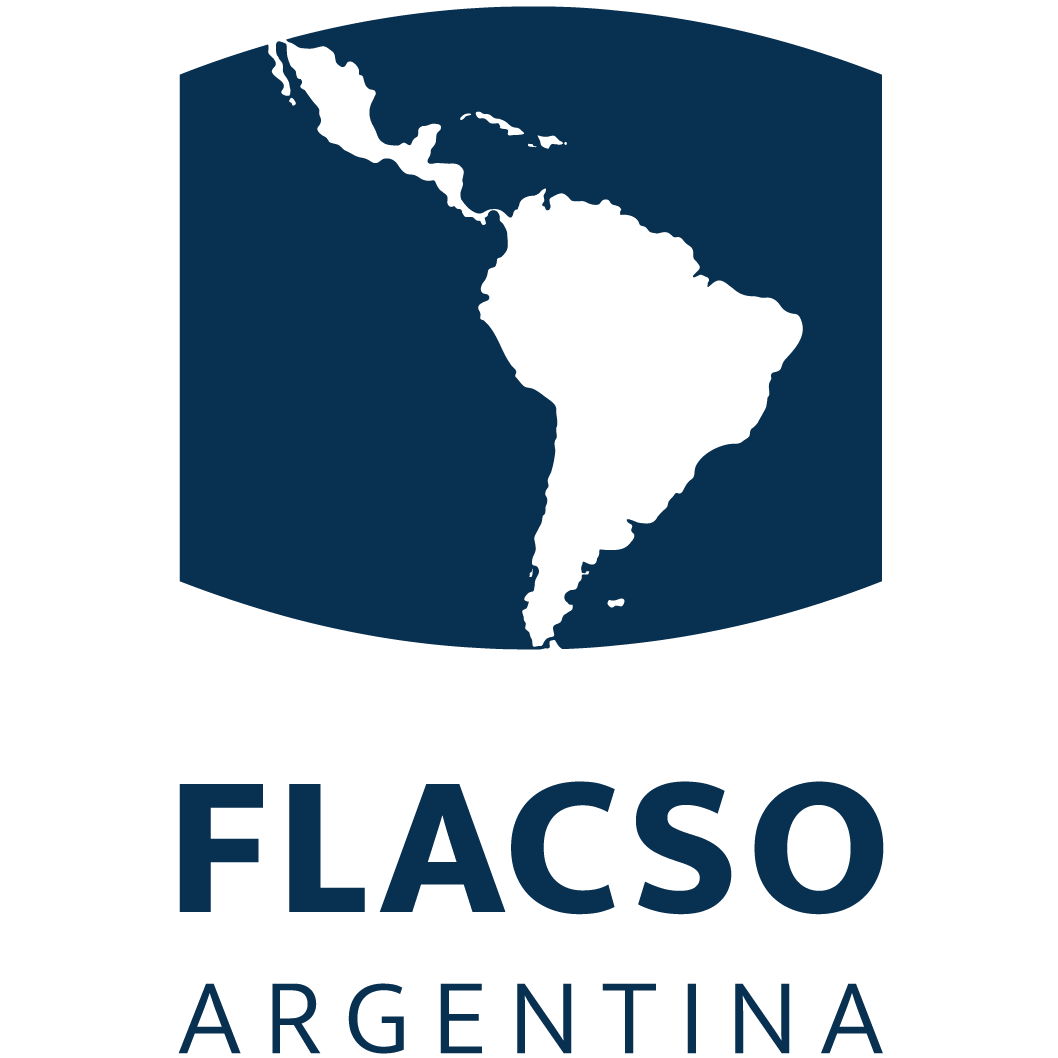Investigador doctoral de la Universidad de Ankara en Buenos Aires
El Doctorado en Ciencias Sociales le da la bienvenida a Firat Durusan de la Universidad de Ankara (Turquía).
El investigador doctoral visitante realizará una estadía en Buenos Aires adscripto a nuestro Programa durante el segundo semestre de 2014.
Firat es licenciado y magíster en Ciencias Políticas y Administración Pública y su proyecto doctoral se titula “La transformación de la política social en países en desarrollo como un problema político: reducción de la pobreza y transferencia condicional de fondos”.
Thesis Abstract
“Politics of the transformation of social policy in middle-income countries: An analysis of the emergence and implementation of conditional cash transfers in Argentina, Brazil and Turkey.”
Fırat Duruşan, PhD Candidate, Department of Political Science and Public Administration, Ankara University, Turkey
The broader aim of the study is to understand, as a political process, the emergence of the recent poverty reduction agenda which is advocated by the international financial institutions (IFI’s) as well as certain middle-income country governments with varying degrees of allegiance to neo-liberal guidelines of development policy. Inspiring such a problematic are the temporal and thematic overlaps between the recent poverty reduction focus of the so-called Post-Washington consensus reform agenda and programs of governments critical of certain policy directions associated with neo-liberalism coming into office in a number of countries of the global south which have undergone socially costly structural adjustment episodes. Hence the recent upsurge of academic debates as to whether the hegemony of neo-liberalism is in decline, which would give way to long-anticipated post-neoliberal alternatives. Social policy, particularly the poverty reduction agenda, is often central in such debates not the least because pro-active state intervention is called for once again to tackle with the adverse social consequences of economic (under)development. On the other hand, in the policy agenda of the Post-Washington consensus of the IFI’s, the role expected of state intervention is all too often associated with facilitating the efficient operation of markets. There is a tendency thereof not only to identify widespread poverty and social inequality as impediments before the smooth operation of markets but also to view social policy as part and parcel of market-friendly state intervention insofar as such social problems are addressed under the rubric of the development of human and social capital. With enhancement of social and human capital becoming the cornerstone of social policy, social questions come to be considered in the wider problematic of competitiveness of national economies which have integrated with the global markets. The popularity of targeted cash transfer programs, especially the conditional cash transfers, which aim to facilitate human capital development in the long run as well as provide short term relief against extreme poverty, is a case in point of the convergence between the poverty reduction focus of IFI’s and programs of governments which are at times associated with a neo-developmentalist political economy.
Yet once the state in general and social policy in particular are viewed as socially contested terrains of policy making, the emergence of the poverty reduction agenda which has more often than not been a response to the reaction of subaltern classes to structural adjustment policies could be approached within a new light. A tentative overview of the relevant histories of Argentina, Brazil and Turkey points to widespread social protest and political upheaval going hand in hand with the emergence of the poverty reduction agenda. Notwithstanding the claims prevalent in the social policy literature as to a tendency of convergence of the welfare regimes of developing countries towards a liberal-residualist model, social policy reform has by no means been a linear process. What is more, the welfare reforms display different historical trajectories which could be explained with reference to different dynamics of political struggles taking place in individual countries. Focusing on the social policy reform experiences of Argentina, Brazil and Turkey as political processes would be instrumental in shedding light to the state’s problematic role in facilitating capital accumulation and securing political legitimacy necessary for its sustainability. Furthermore, focusing on social policy making -which is in the process of becoming internationalized as the IFI’s and lending countries adopt the poverty reduction agenda- would help understand the interface between different scales of global governance. Last but not least, focusing on the experience of these three countries which have been undergoing social policy reforms under governments of divergent political orientations will demonstrate how different political discourses address social questions and how they relate to the seemingly uniform agenda of the Post- Washington Consensus.
For these aims, the thesis will conduct a detailed analysis of the policy making processes in the area of social and labor market policy, with a particular focus on the recent phase of poverty reduction, concentrating on the devising and application of conditional cash transfer programs. It will question how the emergence of such programs relates to the wider historical context of the neo-liberal reform of state-society relations in the context of both international and national processes of policy making. The particular stances of Kirchner-Kirchner, Cardoso-Lula-Roussef and Justice and Development Party (of Turkey) governments towards the new social policy agenda along with how they responded to social struggles of the subaltern classes will be studied on a comparative basis.
